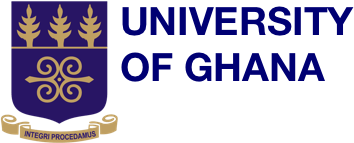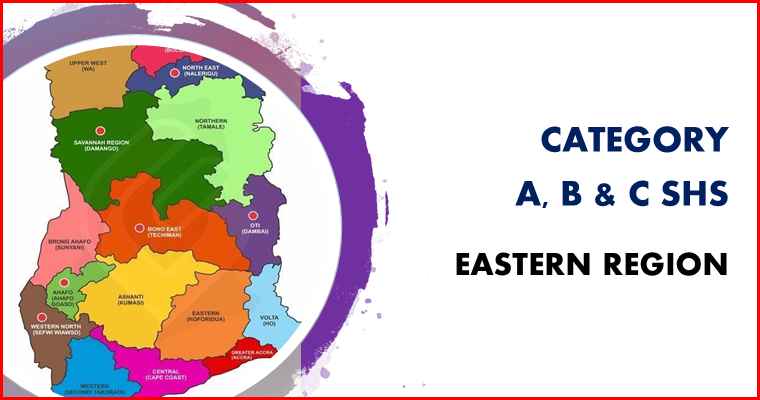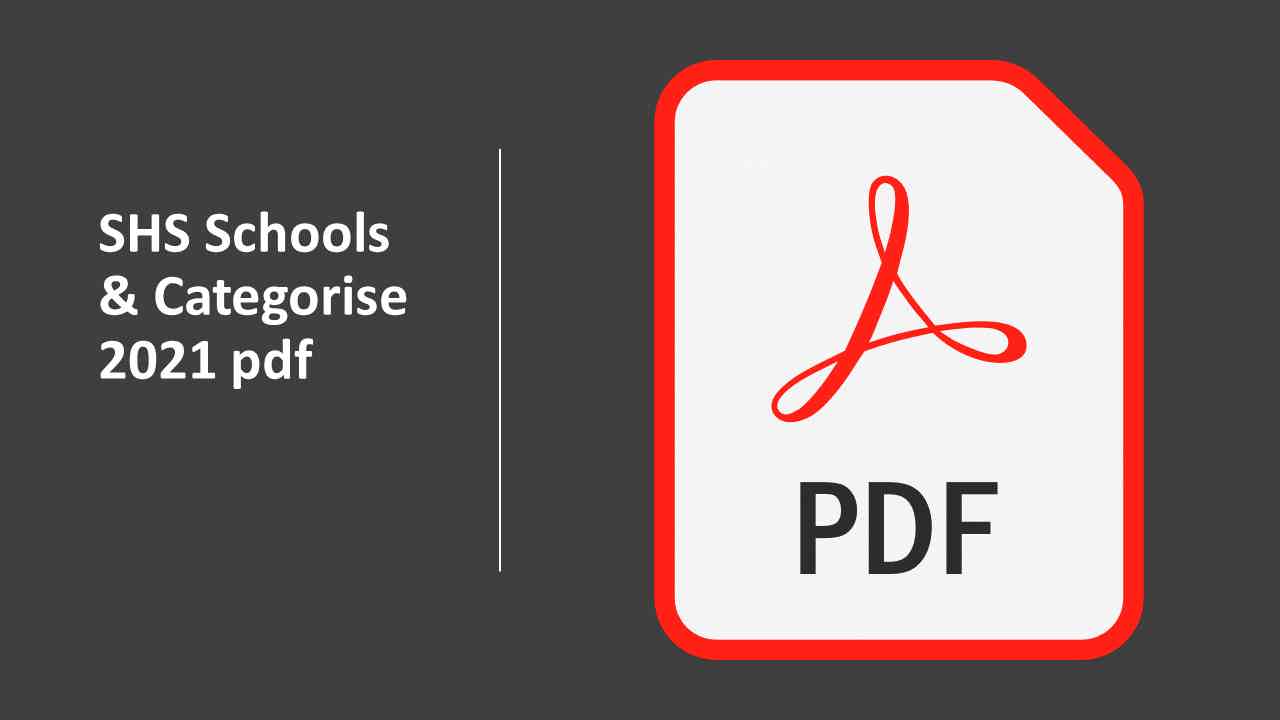OVERVIEW
Promoting effective education practitioners especially in Ghana has become an issue of immense concern. Producing education practitioners who understand what it takes to improve quality education is often lacking.
This programme will place a high premium on developing education practitioners’ capacity to diagnose and solve problems in education. This non-teaching programme is designed for students who envisage a career in educational contexts outside the classroom.
AIMS AND OBJECTIVES
• Provide research opportunities to explore and understand how education particularly in the Ghanaian context, mediate social equalities and inequalities.
• Encourage students to develop knowledge about, and insights into, the ways that educational research and evaluation contribute to development.
• Prepare students to be effective educational practitioners in the educational settings.
• Develop an understanding of how effective schooling is achieved in diverse international contexts.
• Use data from school contexts to inform their practice through engagement in action research through the evaluation of education interventions and practices in the Ghanaian context.
INDUSTRY/GLOBAL TRENDS
The education sector is multidisciplinary and has implications for the different sectors of the economy. Education is a vehicle for social mobility and is about helping people to learn the concepts and skills they need to apply in their day to day activities.
Workers with backgrounds in educational studies have become valuable assets to many organisations and institutions particularly in the corporate world.
Human resource managers are increasingly hiring nonteachers with expertise in educational psychology as trainers and customers advisers. Practitioners who are interested in developing middle and senior leaders’ expertise in educational matters as an approach to professional development are highly sought after.
CAREER PROSPECTS
Graduates from this non-teaching programme could be employed as research officers in Nongovernmental agencies, ministries and government agencies. They can also work in other service sectors where working graduates with a social science background is required
ASSESSMENT
Students will be assessed on the basis of completed assignments, examinations, workplace learning and projects or other methods as outlined in specific subject outlines.








